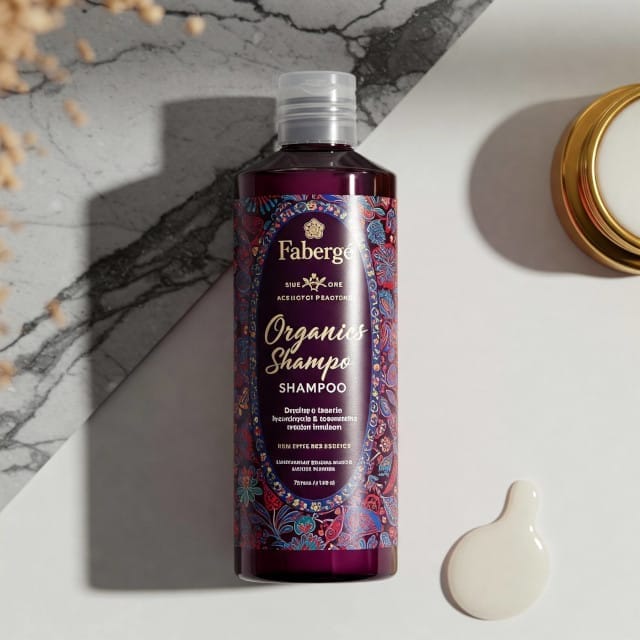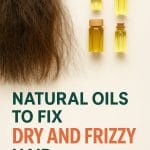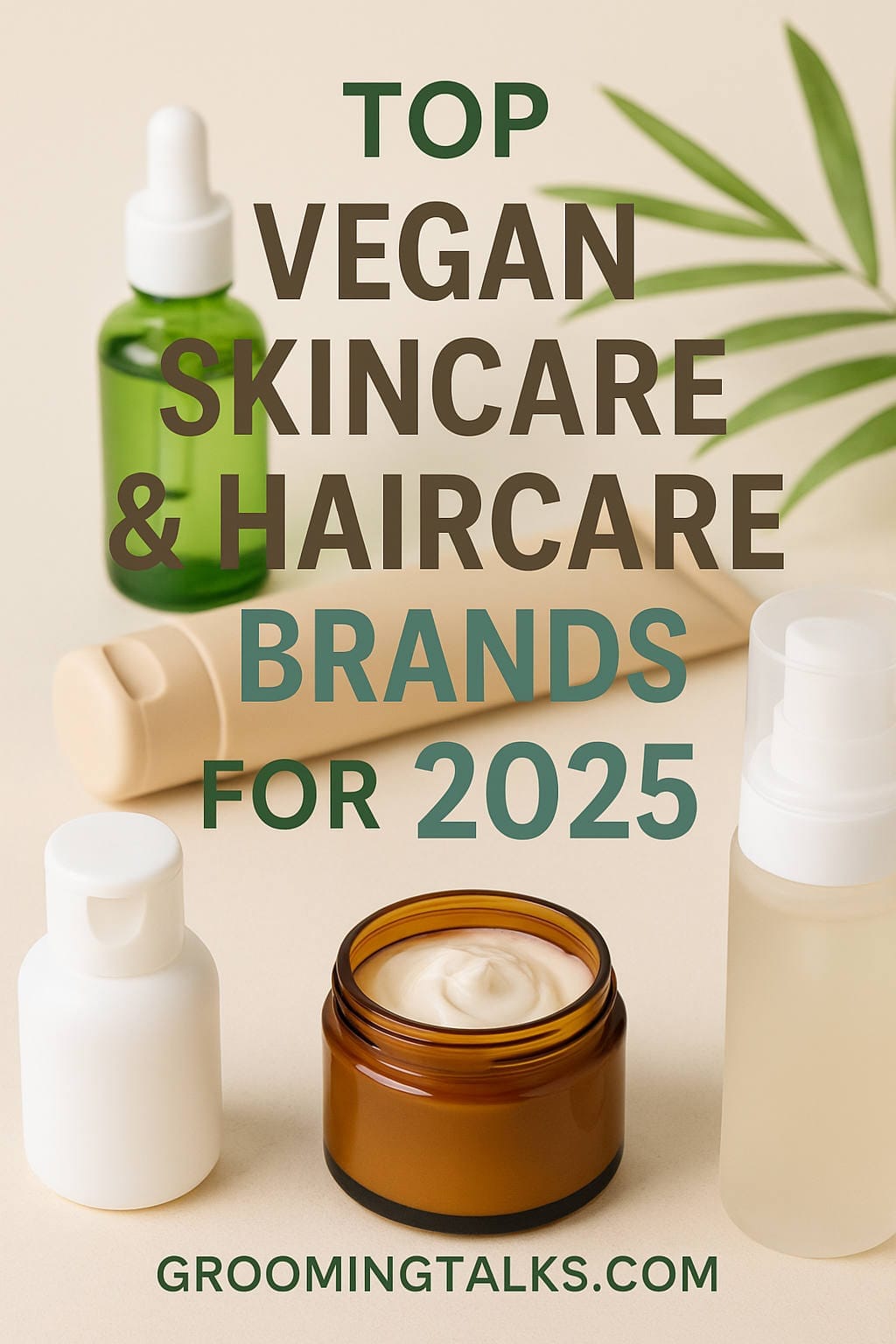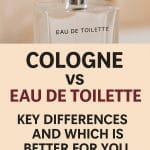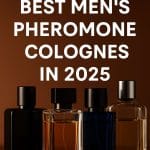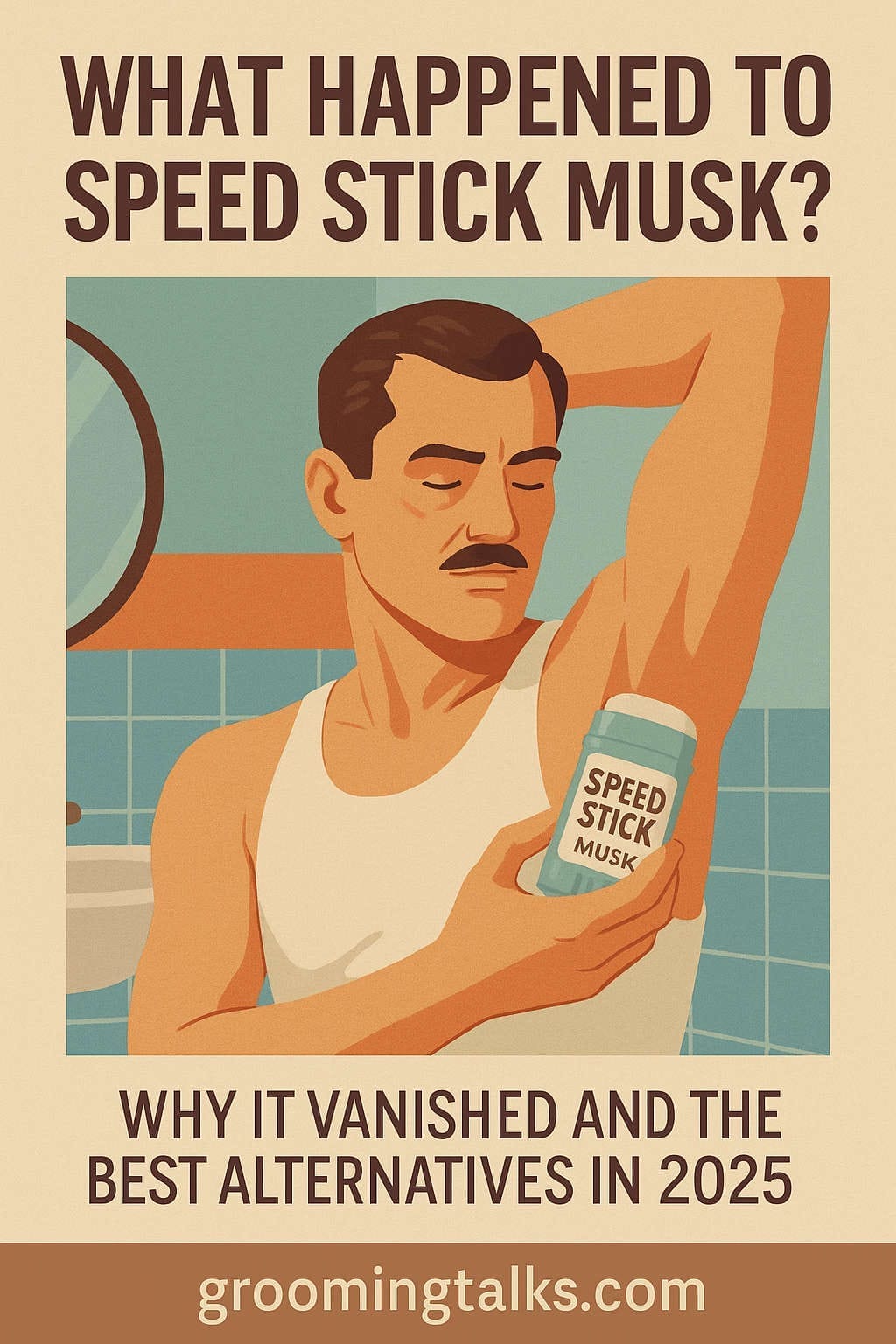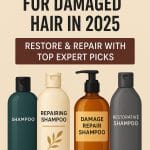Fabergé Organics Shampoo was once a bathroom staple in many American households. Known for its natural ingredients and iconic marketing, this shampoo built a loyal following during the 1970s and 1980s. But over the decades, the brand mysteriously disappeared from shelves, leaving fans wondering: What happened to Fabergé Organics Shampoo?
In this comprehensive post, we’ll walk you through the brand’s history, its golden era, reasons behind its decline, and whether there’s any hope for a revival. We’ll also explore some worthy alternatives if you’re missing this classic formula.
Origins of Fabergé Organics: A Natural Beginning
Fabergé Organics was part of Fabergé Inc., a company initially renowned for its luxury fragrances and beauty products. By the 1970s, the brand expanded into personal care, launching a shampoo line that tapped into the growing interest in health and wellness.
What set Fabergé Organics apart was its emphasis on herbal and natural ingredients. Key formulations like wheat germ oil and honey were designed to cleanse and nourish hair without the harsh chemicals found in many competing products. Consumers were drawn to its promise of soft, shiny, and manageable hair, thanks to the simplicity and effectiveness of its ingredients.
This alignment with the budding organic movement made Fabergé Organics a pioneering name in what we now call “clean beauty.”
The Power of Advertising: Heather Locklear and Word-of-Mouth Magic
One of the most iconic moments in beauty marketing came with Fabergé Organics’ legendary TV ad campaign. The commercial featured actress Heather Locklear, who famously said:
“I told two friends… and they told two friends… and so on, and so on…”
This simple, repetitive phrase became instantly recognizable and demonstrated the power of word-of-mouth advertising. Long before social media, this campaign showed how personal recommendations could drive brand growth. The ad was so influential that it became part of pop culture, referenced in films, TV shows, and comedy sketches.
Thanks to this memorable campaign, Fabergé Organics enjoyed a surge in popularity and sales. The shampoo wasn’t just a product; it became a cultural touchstone.
A Closer Look at the Fabergé Organics Product Line
Fabergé Organics wasn’t a one-trick pony. The brand offered a variety of shampoos and conditioners aimed at different hair needs. Some of the most popular products included:
- Wheat Germ Oil & Honey Shampoo: Ideal for dry and damaged hair, known for adding moisture and shine.
- Aloe Vera Shampoo: Soothing and gentle, great for sensitive scalps.
- Herb Extract Conditioner: Enhanced detangling and conditioning with a mix of botanical extracts.
These formulations stood out not only for their ingredients but also for their light, pleasant fragrances. The products were free from overpowering perfumes, making them appealing to a wide range of users.
Why Did Fabergé Organics Disappear?
Despite its success, Fabergé Organics began to lose traction in the early 1990s. Several interrelated factors contributed to its eventual discontinuation:
1. Corporate Takeovers and Brand Restructuring
Fabergé Inc. underwent multiple ownership changes. In the late 1980s, the company was acquired by Unilever, a multinational conglomerate with a vast portfolio of personal care products. As part of the acquisition, many of Fabergé’s product lines were evaluated for profitability and strategic fit.
Unilever, aiming to streamline its offerings, decided to discontinue underperforming or overlapping brands. Fabergé Organics, despite its iconic status, didn’t align with Unilever’s long-term branding plans and was quietly shelved.
2. Changing Market Trends
By the 1990s, the hair care market had become highly competitive. New brands like Herbal Essences and Pantene were launching products with bold marketing and new formulations. These competitors captured the attention of younger consumers who were attracted to vivid packaging, modern scents, and trendier brand messaging.
Fabergé Organics, while respected, began to feel outdated compared to the flashy innovations flooding store shelves.
3. Lack of Digital Presence
As the internet age emerged, brands needed a digital footprint to survive. Unfortunately, Fabergé Organics failed to transition into the digital era. There was no website, no social media campaigns, and no e-commerce strategy. As online shopping and influencer marketing became dominant, the brand’s absence from these spaces further hastened its decline.
Is Fabergé Organics Still Available Today?
Fabergé Organics is no longer produced or distributed through official channels. The shampoo and conditioner have been discontinued for decades.
However, vintage collectors and nostalgic fans occasionally find unopened bottles on platforms like eBay or Etsy. These rare items often sell for surprisingly high prices, a testament to the product’s lasting appeal. It’s important to note, though, that using decades-old shampoo isn’t advisable, even if unopened.
As of 2025, there has been no official word from Unilever or any other company about reviving the Fabergé Organics line.
Could a Revival Happen?
It’s entirely possible. The beauty industry has seen a resurgence of retro brands, driven by nostalgia and clean beauty trends. Successful revivals like Bonne Bell, Noxzema, and Love’s Baby Soft show that there’s a market for classic products with modern updates.
For a Fabergé Organics comeback to succeed, it would need:
- Updated Formulations: Sulfate-free, paraben-free, and cruelty-free options.
- Sustainable Packaging: Recyclable or biodegradable containers.
- Modern Marketing: Influencer collaborations, social media presence, and storytelling that connects the old with the new.
Given the current demand for natural hair care products, the timing could be ideal for a relaunch.
What Made Fabergé Organics So Special?
What truly set Fabergé Organics apart was its balance of nature and effectiveness. In an era dominated by synthetic and harsh chemical products, it offered something gentler and more aligned with the growing back-to-basics philosophy.
Consumers appreciated:
- Simple, trustworthy ingredients
- Clean, refreshing scent
- Reliable results for various hair types
- Appealing packaging that felt upscale yet accessible
It also didn’t hurt that its commercials were fun, smart, and unforgettable.
Alternatives That Capture the Spirit of Fabergé Organics
While the original is gone, several current brands offer similar experiences with a modern twist. If you’re searching for a Fabergé Organics replacement, consider these options:
1. Avalon Organics
Avalon Organics focuses on plant-based ingredients and offers shampoos tailored to different hair needs. Their Biotin B-Complex and Nourishing Lavender lines echo the herbal purity of Fabergé Organics.
2. Jason Natural Products
Jason offers a wide variety of natural shampoos with ingredients like aloe vera, jojoba oil, and tea tree. Their formulas are free from sulfates, parabens, and phthalates.
3. Desert Essence
With options like Coconut, Tea Tree, and Green Apple Ginger, Desert Essence is well-known for its use of organic botanicals and cruelty-free commitment.
4. Nature’s Gate
This brand delivers herb-infused shampoos with mild formulas. It has a nostalgic feel and a similar mission to Fabergé Organics.
5. Herbal Essences Bio:Renew
While more commercial, the Bio:Renew line from Herbal Essences is sulfate-free and uses plant-based ingredients. It also mirrors the aromatic and nourishing qualities that defined Fabergé Organics.
The Emotional Connection: Why People Still Care
Decades after its disappearance, people still talk about Fabergé Organics online. Whether on forums like Reddit or YouTube review channels, there are countless threads discussing its scent, effectiveness, and emotional significance.
For many, it wasn’t just a shampoo. It was a memory tied to youth, family, or personal care rituals. It represented a time when simplicity in beauty was more common, and when advertising still felt personable and relatable.
Frequently Asked Questions
Is Fabergé Organics Shampoo still in production?
No, it has been officially discontinued and is no longer in production.
Who owns the Fabergé brand now?
The rights to Fabergé fragrances and luxury products are owned by different entities, but Unilever previously managed the shampoo division. There is no current production of Fabergé Organics Shampoo.
Why was Fabergé Organics discontinued?
It was discontinued due to corporate restructuring, evolving market trends, and lack of digital adaptation. Unilever phased it out after acquiring Fabergé Inc.
Can you still buy it online?
Only vintage collectors’ items are available, usually on auction or resale websites. Use is not recommended due to product expiration.
What made it so iconic?
Its natural formula, catchy commercial, and effectiveness created a loyal fan base. It was one of the earliest shampoos to capitalize on clean and herbal beauty.
Final Thoughts
Fabergé Organics Shampoo may be gone, but it’s far from forgotten. It was a trailblazer in clean beauty before the term even existed, and its legacy lives on through fans, nostalgia, and even modern brands that borrow its philosophy.
While it’s no longer lining store shelves, the spirit of Fabergé Organics continues to influence the hair care industry today. Whether you’re reminiscing about the good old days or on the hunt for a shampoo with similar benefits, the story of Fabergé Organics is a testament to how impactful a well-made, well-marketed product can be.
